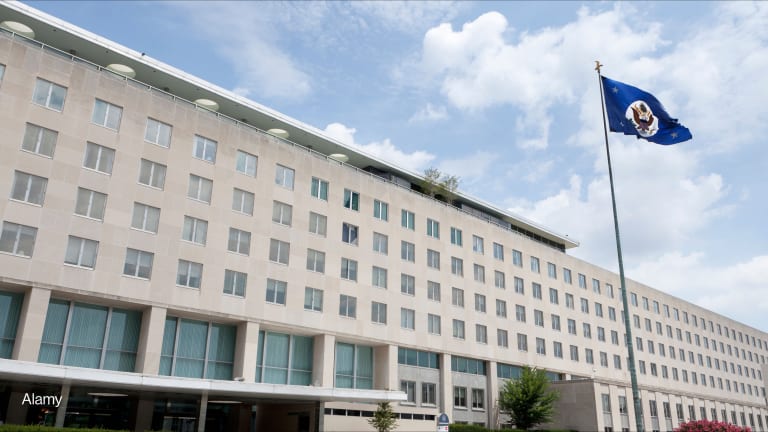
A breakout of intensified fighting this summer between the Colombian military and the guerrilla group Revolutionary Armed Forces of Colombia, or FARC, has displaced between 5,000 and 6,000 indigenous civilians in the country’s southern department of Cauca, according to the U.N. Office of Humanitarian Affairs.
But the politically delicate nature of the humanitarian crisis — meshed in a perpetually tense region caught up in the country’s ongoing internal armed conflict — is complicating both the arrival of international aid organizations and funding, Todd Howland, the representative of the U.N. High Commissioner for Human Rights in Colombia, told Devex in a phone interview.
“One of the difficulties that exists here is that compared to other countries in conflict, you don’t have the number of international NGOs working in this area that can ramp up their projects,” Howland said. “So while you do have some ability to tap resources, the amount that you do have is quite modest compared to the number of needs.”
The ethnic communities in Cauca — strongly organized and backed by thousands of unarmed indigenous guards who patrol their land — have requested aid to arrive directly, rather than be funneled through the United Nations and aid organizations, Howland said, as a way to “reinforce their sovereignty.”
“This is a very politicized position, in terms of not all donors would be comfortable … they would see it as taking a particular position, relative to the current negotiations, or the current crisis,” Howland explained. “That is a bit of a challenge.”
While indigenous leaders have maintained that they are simply caught up in the battles between the Colombian government and FARC, the Colombian government has at times directed the accusation that some of the indigenous political organizations are aligned with the rebel group.
The Colombian government started talks with the Regional Indigenous Council of Cauca, known as CRIC, at the end of July, but they soon after stalled. The U.N. independent expert on indigenous peoples called Wednesday for further advancement in the dialogue process, as the government announced it would resume talks.
The International Committee of the Red Cross, Diakonie Katastrophenhilfe, Médicos Sin Fronteras and Pan American Health Organization are among the organizations working in Cauca. OCHA said in July that about 2,000 internally displaced people remain in temporary shelters: needs include school infrastructure, hygiene kits, tents and personal. But an OCHA representative said they have not, and do not expect to, set a specific funding target.
Read more development aid news online, and subscribe to The Development Newswire to receive top international development headlines from the world’s leading donors, news sources and opinion leaders — emailed to you FREE every business day.








